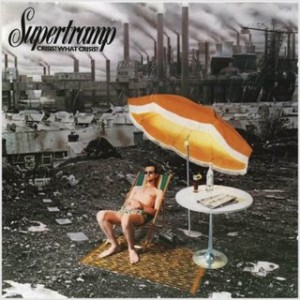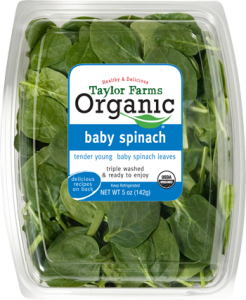The U.S. Department of Agriculture’s (USDA) Food Safety and Inspection Service (FSIS) announced new procedures that will allow the agency to trace contaminated ground beef back to its source more quickly, remove it from commerce, and find the root cause of the incident to prevent it from recurring. The changes being announced today build on other initiatives the agency has instituted this summer to improve the safety of ground beef, including a proposed requirement that retailers keep records of their ground beef source suppliers and new laboratory methods the agency is using to test these products for multiple pathogens at one time.
 “A critical component of preventing foodborne illness is quickly identifying sources of contamination and removing unsafe products from store shelves,” said Brian Ronholm, Deputy Under Secretary for Food Safety. “The expedited traceback procedures being announced today will allow FSIS to take action more quickly, which will make a significant difference in food safety investigations and in preventing foodborne illnesses.”
“A critical component of preventing foodborne illness is quickly identifying sources of contamination and removing unsafe products from store shelves,” said Brian Ronholm, Deputy Under Secretary for Food Safety. “The expedited traceback procedures being announced today will allow FSIS to take action more quickly, which will make a significant difference in food safety investigations and in preventing foodborne illnesses.”
Under the new traceback procedures, FSIS will conduct immediate investigations at businesses whose ground beef tests positive for E. coli O157:H7 during initial testing and at suppliers that provided source materials. These traceback investigations will begin as soon as FSIS receives a presumptive positive result and the grinding facility can provide supplier information. Previously, FSIS began investigations at the grinding facility only after a presumptive positive test result was confirmed, which can take two days. A similar investigation of the grinding facility’s suppliers would have taken place 30 days later, and more intensive investigations of suppliers will now also begin immediately. Beginning investigations at the point of a presumptive positive test result can save FSIS valuable time.
As part of the traceback investigation, FSIS will review establishment records to determine whether the grinding or supplying establishment’s food safety system experienced a breakdown. The agency will also determine whether the supplying establishment shipped product that may be contaminated to other grinding facilities or further processors. If so, FSIS will take steps to have that product removed from commerce.
FSIS estimates that dozens more recalls may occur once these new protections are in place. By expediting investigations and more quickly removing unsafe product from commerce, FSIS is taking another step to strengthen public health protections and prevent foodborne illnesses.
The improved traceback procedures will be fully implemented 60 days after publication in the Federal Register on October 14, 2014. The Federal Register Notice is available at http://www.fsis.usda.gov/wps/wcm/connect/a054fc30-2af6-4ea5-a9e9-468c2df788e8/2011-0009.pdf?MOD=AJPERES.








